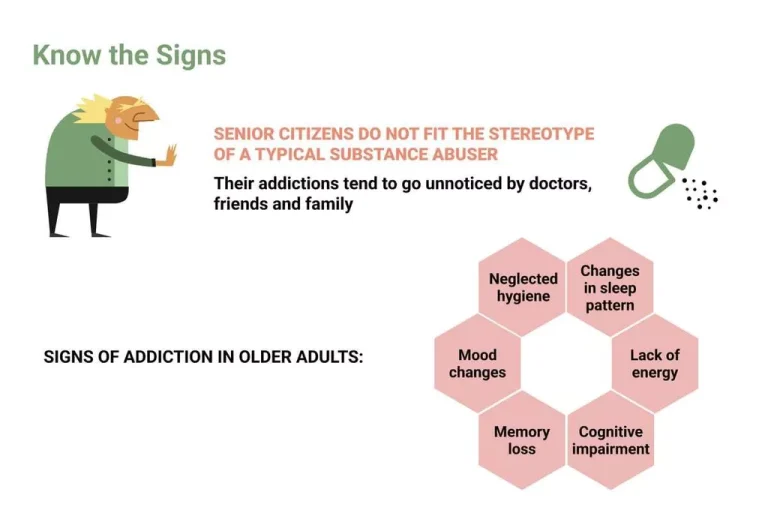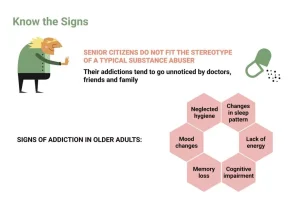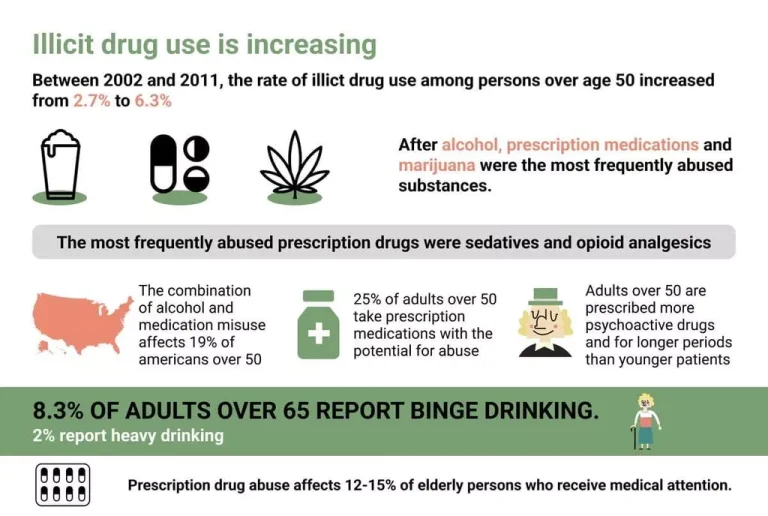
If you need help or feel like you could be on the cusp of a relapse, remember that addiction is a chronic disease. You wouldn’t expect that you could self-treat hypertension or diabetes without the help of medical professionals. If you need support, help, or have questions, please contact our team at what is alcoholism The Recovery Village. While relapsing can bring about shame and feelings of failure, a relapse is generally accepted as an expected part of the recovery process for most people. It can be compared to someone having a flare-up of their diabetes or hypertension symptoms.
Average Number of Relapses Before Sobriety

A critical step in overcoming this stage of relapse is to practice self-care in its physical, psychological, and emotional aspects. This means making time for eating, sleeping, and having fun, as well as behaving kind enough toward yourself that you permit yourself these necessities. Often, the initial image of relapse you may imagine is when a person either in short– or long-term recovery starts drinking again. While this is true, much more goes into a relapse than just drinking or using substances again. The National Institute on Alcohol Abuse and Alcoholism (NIAAA) reports that roughly 90% of people recovering from AUD relapse at least once during their treatment process. This shows that relapse is a natural part of recovery from AUD, reminding us that it’s not a sign of failure but instead a learning experience on the journey to sobriety.
When Is Alcohol Relapse Most Likely to Occur?

You can work on strengthening your coping skills to move past a mental relapse. Working with a therapist can be helpful during a period of mental relapse. Understanding triggers for alcohol use is important for someone in recovery and their loved ones. If someone knows their triggers, they can better avoid them and reduce their risk of a relapse.
What is Alcoholic Relapse and What to Do After
Unfortunately, relapse is a part https://ecosoberhouse.com/ of the recovery process for many people. This doesn’t mean treatment failed, but it could signal treatment may need to be resumed or adjusted. This page will define relapse, go over some of the reasons it happens, and discuss relapse prevention techniques. People who become overconfident in their ability to stay sober may put themselves at risk by decreasing recovery meeting attendance, exposing themselves to triggers or trying to control how much they drink instead of abstaining. When physical relapse happens, people in recovery from liver damage risk a recurrence of alcohol-related liver disease. Relapse can be averted if friends or family members intervene and convince the person to go to recovery meetings or alcohol counseling.
- We recently launched our in-app chatbot, Melody, powered by the world’s most powerful AI technology.
- You may use AA, SMART Recovery, or other support groups to help you in this process.
- If a particular risk factor is present, this will increase the likelihood of a relapse.
- Unfortunately, a relapse during alcohol addiction recovery is a common occurrence, but it does not constitute a failure in treatment or in the person trying to recover.
- If your living arrangements are neither safe nor conducive to recovery, please consider alternative arrangements.
But your chances of staying sober are much higher if you continue treatment. This includes addiction counseling, psychotherapy, proper use of medicines, and support Alcohol Relapse groups. If you’re thinking about stopping treatment, talk with a professional first.
- Clinical trial registries and reference lists of relevant publications were also examined.
- Alcohol relapse doesn’t mean that you or your treatment program has failed.
- It not only involves the body and our behavior, but also our emotions and our thoughts.
- Reframe supports you in reducing alcohol consumption and enhancing your well-being.
- This translates to almost three additional abstinent days per month for participants treated with baclofen compared with participants who received placebo.
- Focusing on emotional wellness each day reduces restlessness, irritability, and discontent, which can build up over time and lead to relapse.
Mental Health Treatment
A relapse is a recurrence of symptoms of a disease after a period of improvement. With alcoholism, it happens when an alcoholic drinks excessively again, even though they have been sober for a significant amount of time. Relapse is a pretty common occurrence, especially among recovering alcoholics. According to the National Institute on Alcohol Abuse and Alcoholism, approximately 90% of alcoholics will relapse.

- At Priory, we offer 12 months of free aftercare to everyone who has completed inpatient treatment with us.
- The prevalence of alcohol in everyday life, from TV advertisements to happy hour invites from coworkers, means the temptation to have even just a casual drink is extremely high.
Melody is here to help as you adjust to a life with less (or no) alcohol. The Reframe app equips you with the knowledge and skills you need to not only survive drinking less, but to thrive while you navigate the journey. Our daily research-backed readings teach you the neuroscience of alcohol, and our in-app Toolkit provides the resources and activities you need to navigate each challenge.
- By being aware of these stages of relapse, you may be able to identify the signs early on in yourself or someone else and take steps to adjust what’s happening before there’s a full-blown relapse.
- When we drink, alcohol releases dopamine and serotonin (our “feel-good” hormones) that boost our mood and give us a sense of pleasure.
Cognitive behavioral therapy (CBT) is an important tool for preventing relapses. It teaches you how to overcome negative thinking, which is often at the heart of a relapse. For example, you might believe that you can’t quit, that recovery takes too much effort, and that you won’t enjoy life as much without alcohol. Including accountability as part of your relapse prevention plan is a way to make sure you stick to the plan, as well as reviewing and refining it over time. For many people, using drugs, alcohol or turning to addictive behaviours is a coping strategy for managing difficult emotions such as stress or sadness.
